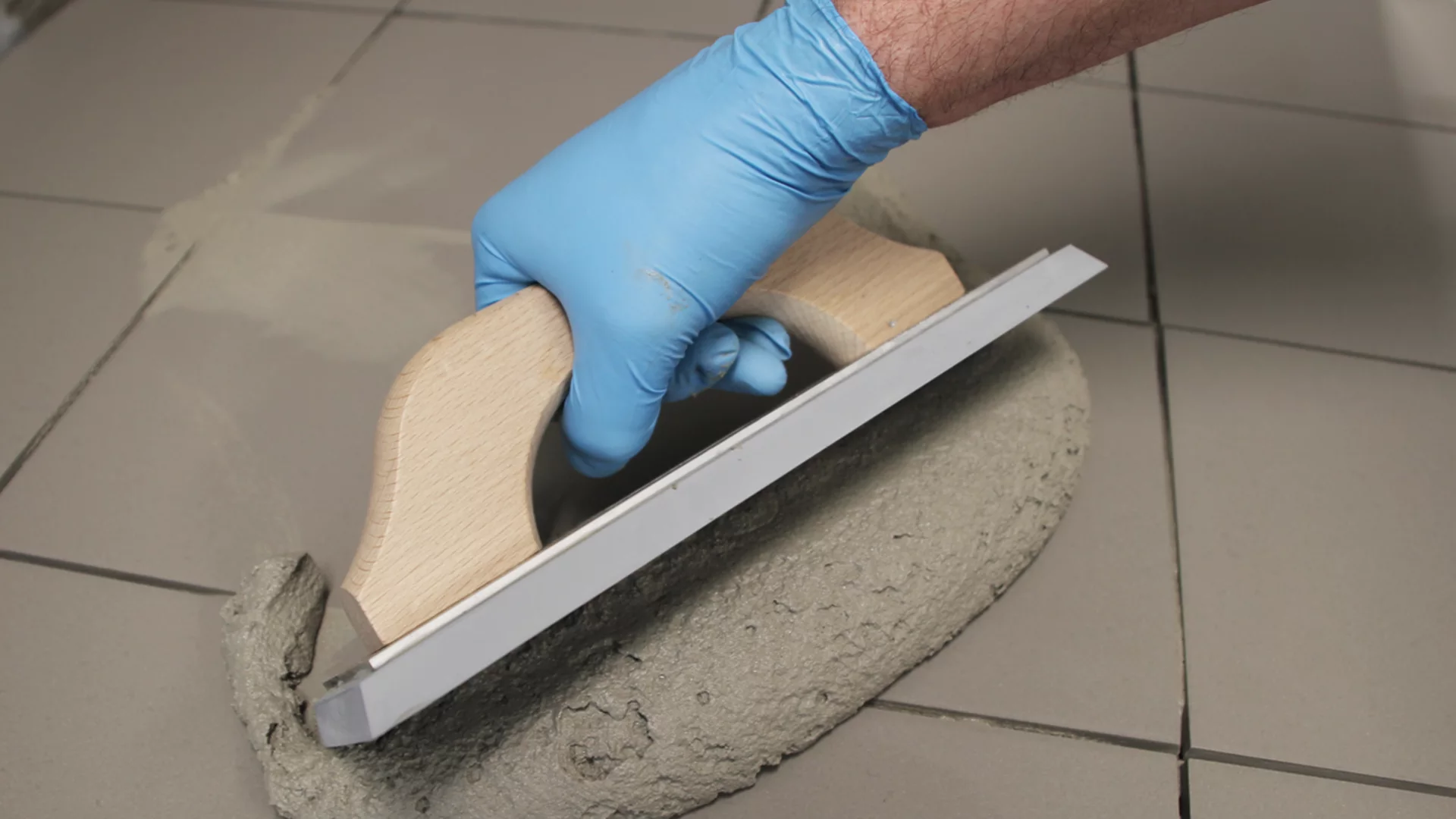If you’ve ever visited a friend’s garage and marveled at the sleek, shiny floor that seemed impervious to stains, chances are you were looking at an epoxy-coated surface. But before you rush into transforming your own living space with this popular material, it’s crucial to weigh the benefits and drawbacks. From durability to aesthetics, epoxy has its advantages, yet there are considerations that might give you pause. Stick around to uncover whether epoxy is the right fit for your home and what you need to know before taking the plunge.
Pros of Using Epoxy at Home
- Using epoxy at home offers a durable and versatile solution for enhancing various surfaces with a long-lasting finish. The durability benefits of epoxy make it an excellent choice for high-traffic areas like kitchens, garages, and bathrooms. Epoxy coatings are incredibly resilient, resistant to stains, impacts, and scratches, ensuring that your surfaces maintain their pristine appearance for years to come.
- Moreover, epoxy is a cost-effective option for homeowners looking to upgrade their spaces without breaking the bank. The initial investment in epoxy may be slightly higher than traditional flooring or countertop materials, but the long-term savings are substantial. Due to its durability, epoxy requires minimal maintenance and is less likely to need repairs or replacements, ultimately saving you money in the long run.
Cons to Consider With Epoxy
- If you’re considering using epoxy at home for its durability and cost-effectiveness, it’s important to be aware of some cons that come with this popular choice. While epoxy is known for its long term durability, one of the key drawbacks to consider is the potential health risks associated with its application.
- Epoxy resin and hardeners contain chemicals that can be harmful if not handled properly. These chemicals can cause skin irritation, respiratory issues, and in some cases, allergic reactions. It’s crucial to follow safety precautions, such as wearing protective gear and ensuring proper ventilation when working with epoxy to minimize these risks.
- Moreover, despite its durability, epoxy floors can be prone to scratching and yellowing over time, especially in high-traffic areas. This may require periodic maintenance and reapplication to keep the surface looking pristine. Additionally, the installation process of epoxy can be labor-intensive and time-consuming, which mightn’t be ideal for those looking for a quick home improvement solution.
Best Areas to Use Epoxy
When considering where to use epoxy in your home, prioritize areas that experience high foot traffic and potential wear and tear. Two excellent areas to consider for epoxy applications are garage floors and kitchen countertops.
- Garage floors endure heavy use, from cars coming in and out to tools being dropped. Epoxy coating provides a durable solution that can resist oil stains, abrasions, and is easy to clean. The smooth surface also makes it simpler to sweep away dust and debris, maintaining a tidy garage space effortlessly.
- For kitchen countertops, epoxy offers a stylish and resilient option. It can withstand spills, heat, and scratches better than many other materials. This makes it ideal for a busy kitchen where cooking and food preparation frequently take place. Epoxy countertops are also customizable, allowing you to choose colors and designs that match your kitchen decor.

Tips for Applying Epoxy Yourself
- Considering the durability and versatility of epoxy in high-traffic areas like garage floors and kitchen countertops, mastering the application process yourself can save you time and money while ensuring a professional finish.
- When embarking on DIY projects involving epoxy, thorough surface preparation is key. Start by cleaning the area meticulously to remove any dirt, grease, or chemicals that could affect adhesion. Fill in cracks and imperfections with a suitable epoxy filler and allow it to cure completely before proceeding.
- Next, carefully follow the manufacturer’s instructions for mixing the epoxy resin and hardener. Improper mixing can lead to issues like a tacky finish or poor adhesion. Use a roller or brush to apply the epoxy evenly, working in small sections to prevent uneven coverage. Pay attention to the recommended thickness to avoid problems during curing.
- Once applied, allow the epoxy to cure undisturbed for the specified time. Proper ventilation is crucial during this stage to ensure a smooth finish. Remember, mastering the application of epoxy can open up exciting flooring options for your home, adding both durability and aesthetic appeal.
Maintenance and Care for Epoxy Surfaces
- To maintain the longevity and appearance of your epoxy surfaces, regular cleaning and proper care are essential. Cleaning tips for epoxy surfaces include using a soft-bristle brush or mop with a gentle cleaner to remove dirt and debris. Avoid harsh chemicals like bleach or vinegar, as they can damage the epoxy finish. Instead, opt for mild soap and water for routine cleaning. For tougher stains, consider using a non-abrasive cleaner or a mixture of baking soda and water to gently scrub the area.
- Proper care for epoxy surfaces involves avoiding dragging heavy furniture across the floor to prevent scratches. Place felt pads under furniture legs to protect the epoxy coating. Additionally, consider using rugs or mats in high-traffic areas to reduce wear and tear on the surface. By following these maintenance tips, you can ensure your epoxy surfaces retain their longevity benefits and continue to enhance the aesthetic appeal of your home.
Conclusion
In conclusion, epoxy can be a great option for enhancing your home with its durability, versatility, and aesthetic appeal. While there are some cons to consider, the pros often outweigh them when used in the right areas. With proper application and maintenance, epoxy can transform your floors, countertops, and even furniture into stunning, long-lasting surfaces that can withstand daily wear and tear. Consider giving epoxy a try in your home for a modern and practical upgrade.